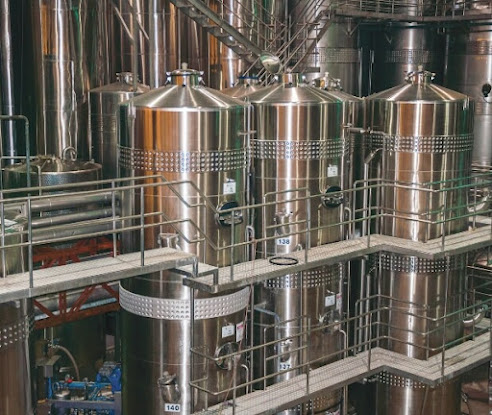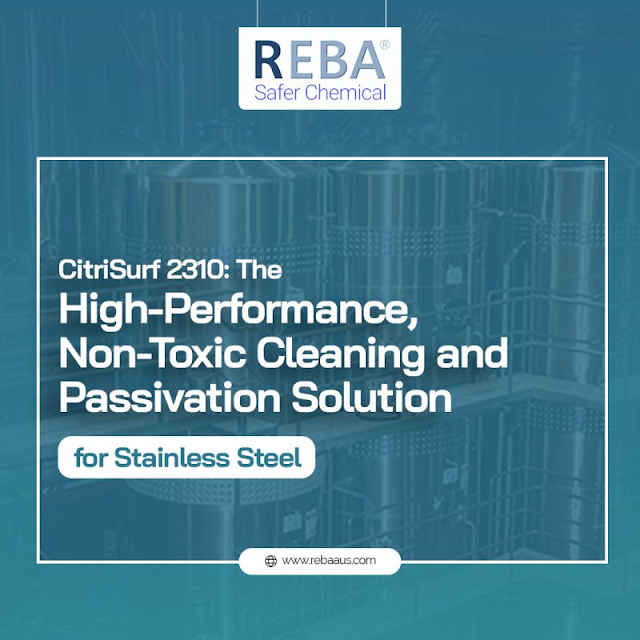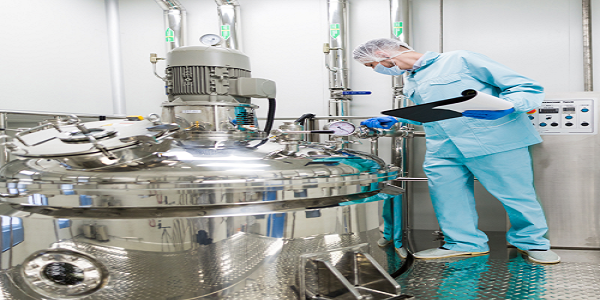Everything You Need To Know About Reba's Stainless Steel Passivation Process
𝑹𝒆𝒃𝒂 𝑺𝒂𝒇𝒆𝒓 𝑪𝒉𝒆𝒎𝒊𝒄𝒂𝒍 is the most reliable provider of natural, safer chemicals to the broader market at the most reasonable price. All our products are made with plant-based ingredients available at an affordable price so that safety and protection are not only accessible to giant corporations. But also the smaller ones because we believe everyone deserves to stay safe and enjoy products that are great in quality and at the same time do not exceed your budget.
Our engineers use the technique and science of natural ingredients to allow a non-toxic Passivation Process for Stainless Steel. Our products prove to be highly versatile and applicable for a diverse range of uses like cutting down on waste for the environment & costs for companies.
We allow smaller companies to obtain the same early quality accessible to more prominent companies by sourcing and producing affordable products.
𝐖𝐡𝐚𝐭 𝐝𝐨 𝐲𝐨𝐮 𝐦𝐞𝐚𝐧 𝐛𝐲 𝐏𝐚𝐬𝐬𝐢𝐯𝐚𝐭𝐢𝐨𝐧 𝐨𝐟 𝐒𝐭𝐚𝐢𝐧𝐥𝐞𝐬𝐬 𝐒𝐭𝐞𝐞𝐥?
Passivation includes rust removal from stainless steel & supports the formation of a passive protection film. It increases the corrosion resistance of stainless steel, preventing it from rusting for a much more extended period. As we know, stainless steel has the natural ability to resist corrosion. However, with the process of passivation, you can further strengthen protection from any rust that could form.
𝗪𝗵𝘆 𝗶𝘀 𝗽𝗮𝘀𝘀𝗶𝘃𝗮𝘁𝗶𝗼𝗻 𝗻𝗲𝗰𝗲𝘀𝘀𝗮𝗿𝘆?
𝗧𝗵𝗲 𝗣𝗿𝗼𝗰𝗲𝘀𝘀 𝗼𝗳 𝗣𝗮𝘀𝘀𝗶𝘃𝗮𝘁𝗶𝗼𝗻
The process starts with rigorous cleaning and degreasing of the steel. This process eliminates any metallic or organic residue leftover from the process of fabrication. After cleaning, the parts are immersed in a passivation solution. The temperature, the concentration of the resolution, and the time the steel is left in the bath are all dependent on the grade and type of stainless steel.
These factors are to be carefully managed, as accuracy is essential to ensure the best results. Traditionally, nitric-acid-based products were a popular choice for passivation. Still, alternatives such as non-toxic citric acid are quickly taking over conventional products due to their ease of use and biodegradable qualities.
Hence, choose the eco-friendly and affordable Passivation Process for Stainless Steel from Reba Safer Chemical.
𝑰𝒇 𝒚𝒐𝒖 𝒏𝒆𝒆𝒅 𝒂𝒏𝒚 𝒊𝒏𝒇𝒐𝒓𝒎𝒂𝒕𝒊𝒐𝒏 𝒂𝒃𝒐𝒖𝒕 𝒐𝒖𝒓 𝒑𝒓𝒐𝒄𝒆𝒔𝒔 - Passivation with Citric Acid, 𝘁𝗵𝗲𝗻 𝘃𝗶𝘀𝗶𝘁 𝗼𝘂𝗿 𝘄𝗲𝗯𝘀𝗶𝘁𝗲.




Comments
Post a Comment